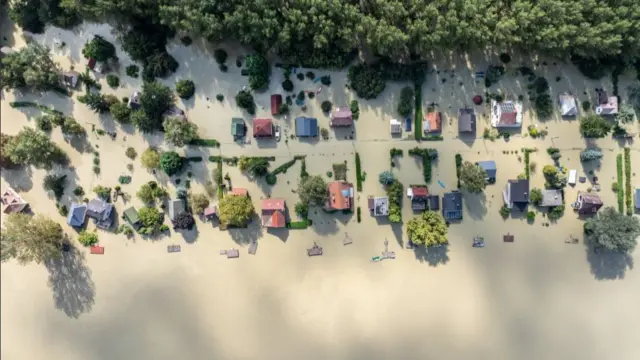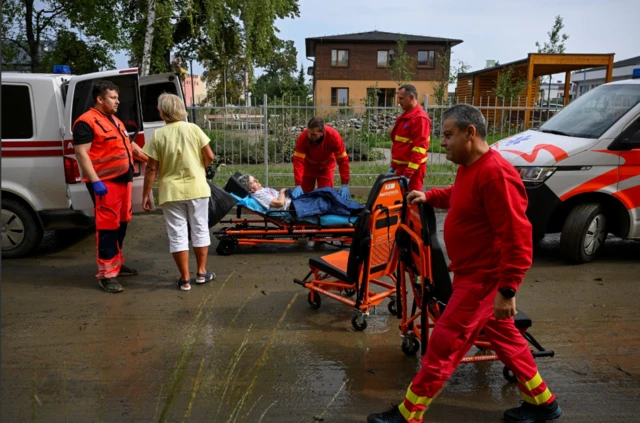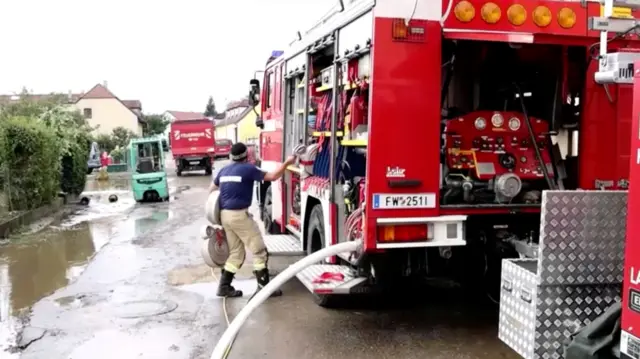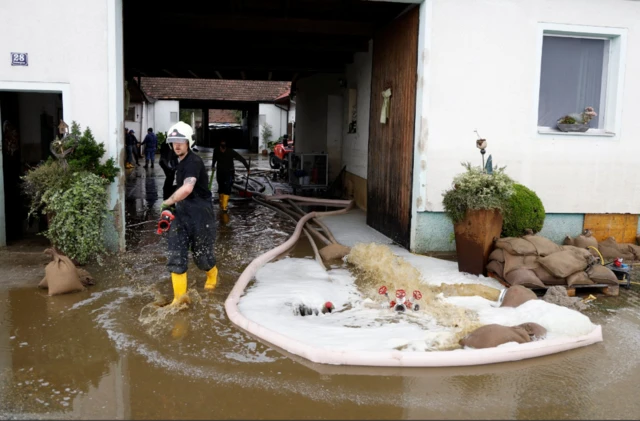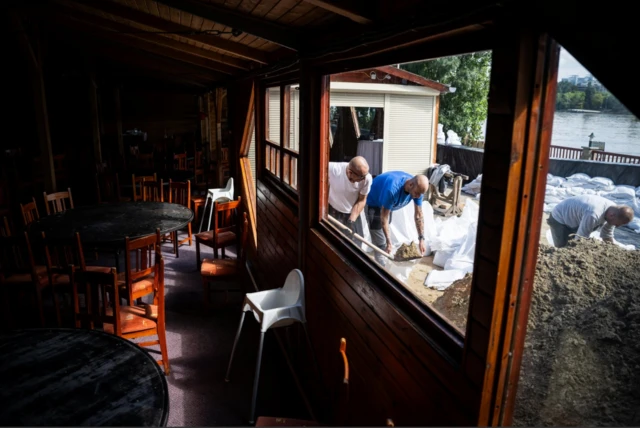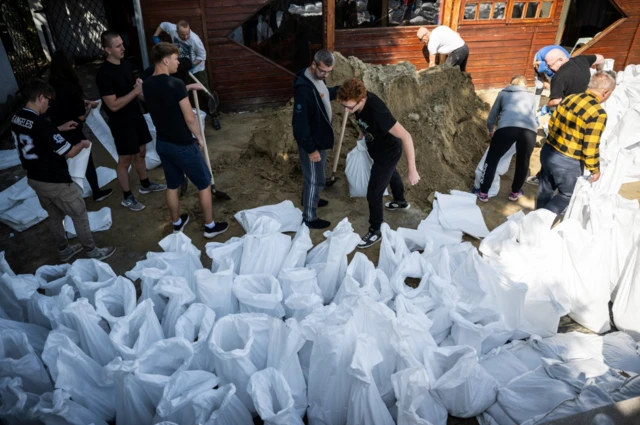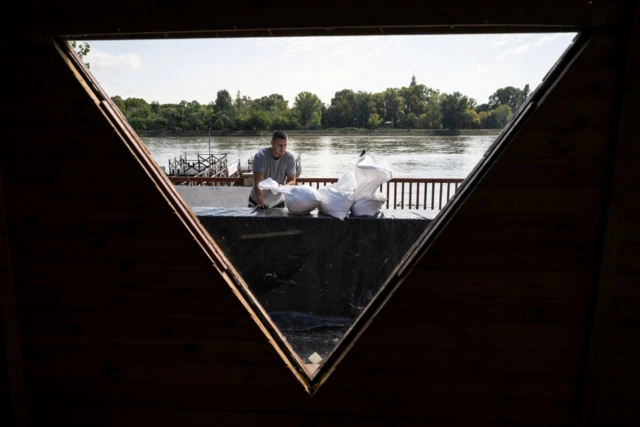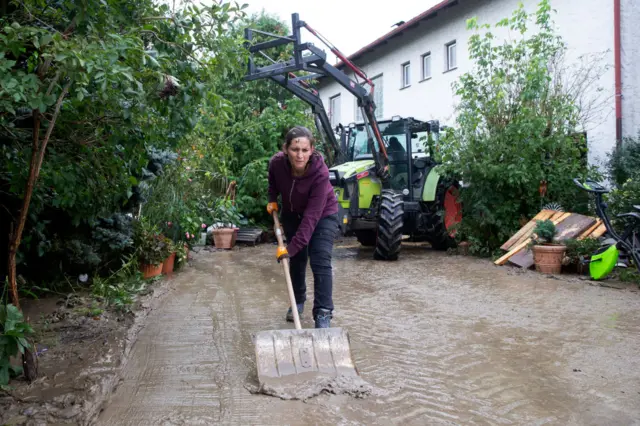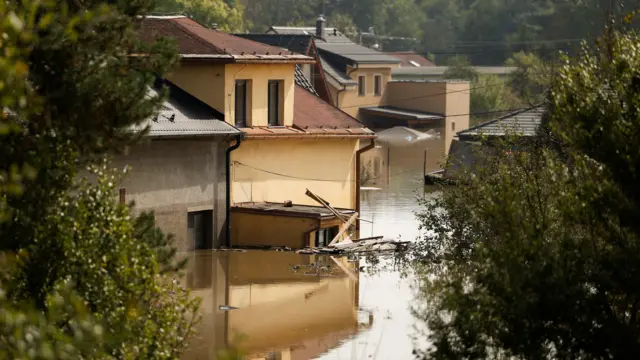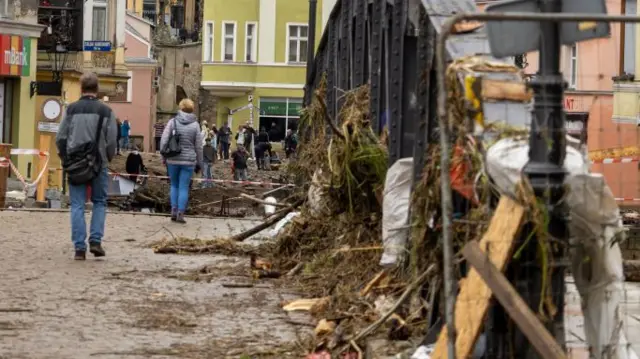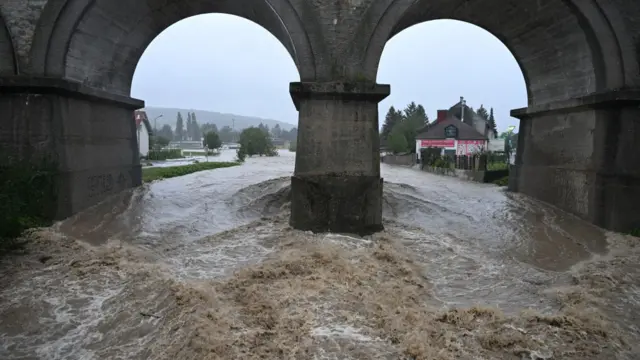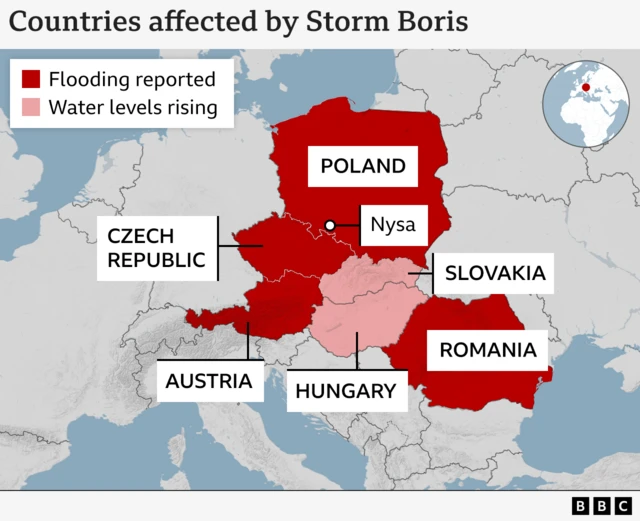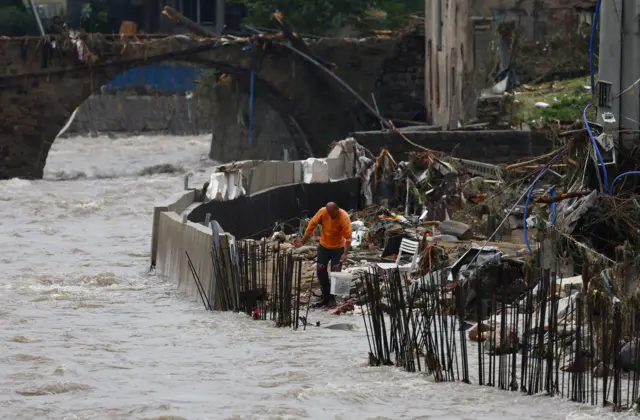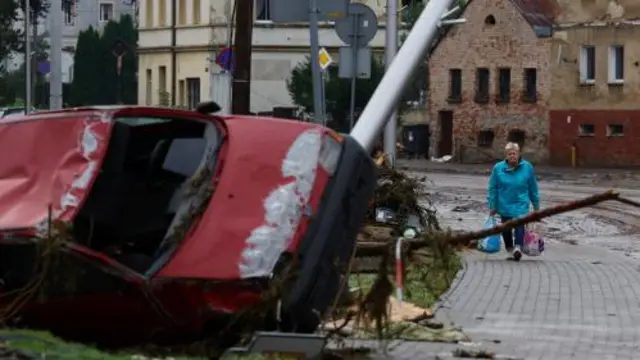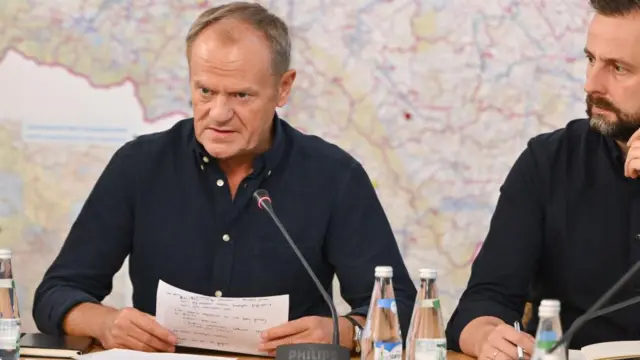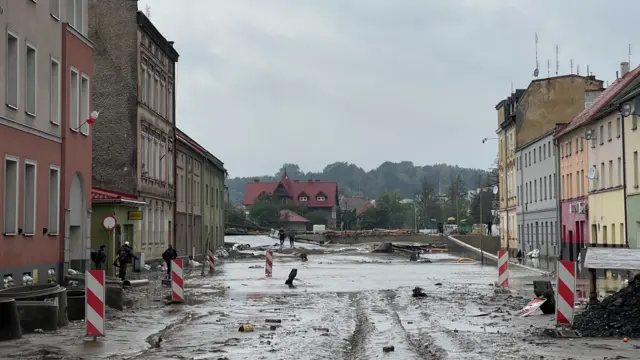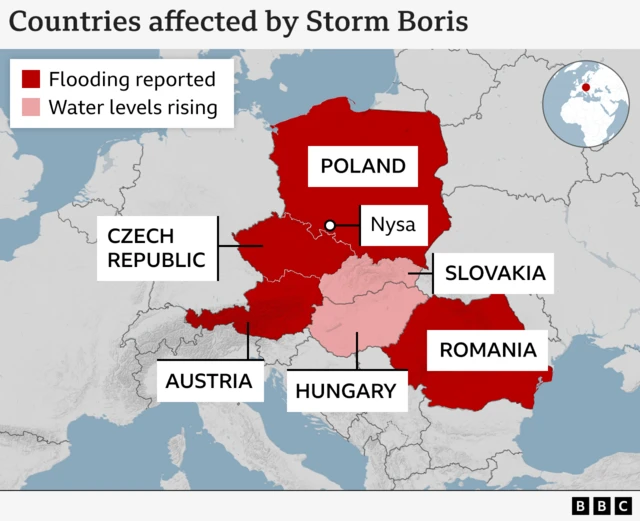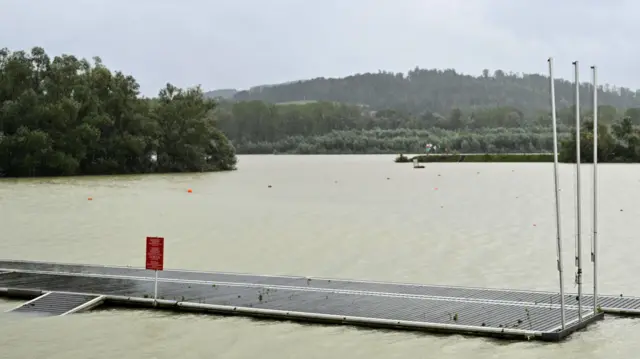Italy next to see heavy rainfallpublished at 16:11 BST 17 September 2024
 Nathan Williams
Nathan Williams
Live page editor
The severe flooding caused by Storm Boris has resulted in at least 21 people losing their lives.
In Poland a state of natural disaster has been declared in affected areas, and some 5,500 soldiers and 19 helicopters are assisting in relief and rescue operations.
In Slovakia's capital Bratislava and the Hungarian capital Budapest have both been preparing for possible flooding as the River Danube rose.
As our colleagues in BBC Weather point out, climate scientists have been warning us for years about extreme rainfall events like these as the planet warms.
Heavy rain is expected over much of Italy over the next few days, with the regions of Emilia-Romagna and Lazio under yellow weather alerts.
We're now closing our live coverage but you can continue to read more in our main news article
We also have this explainer on the impact of climate change on weather
This page was brought to you by Cachella Smith, Rorey Bosotti, Sofia Ferreira Santos, Thomas Copeland, Sophie Abdulla, Rob Corp and me. Thanks for following along.
